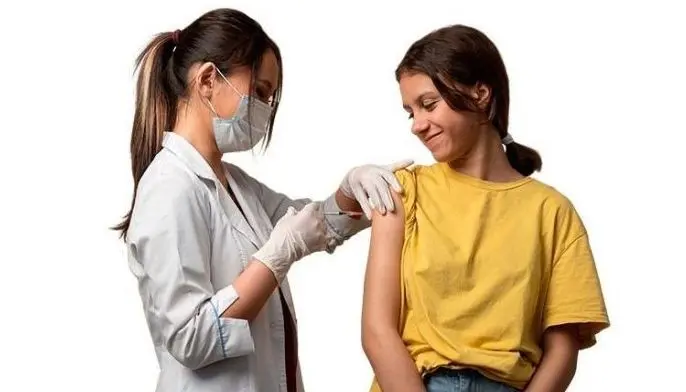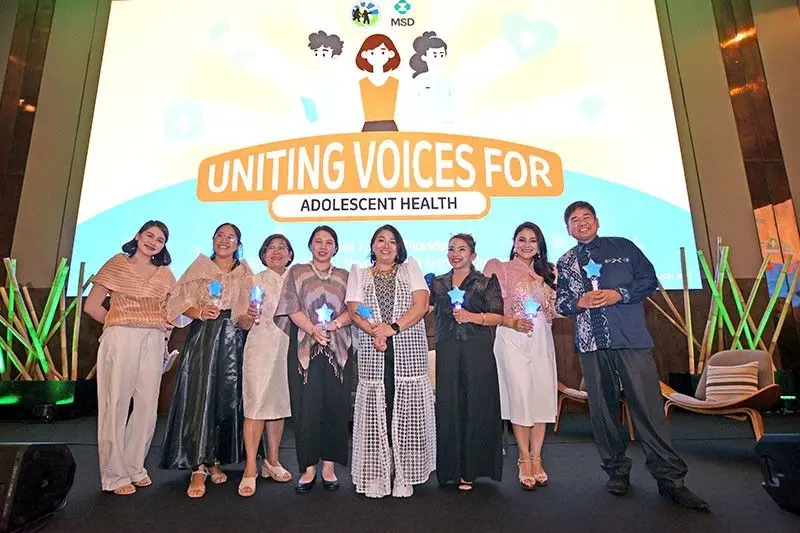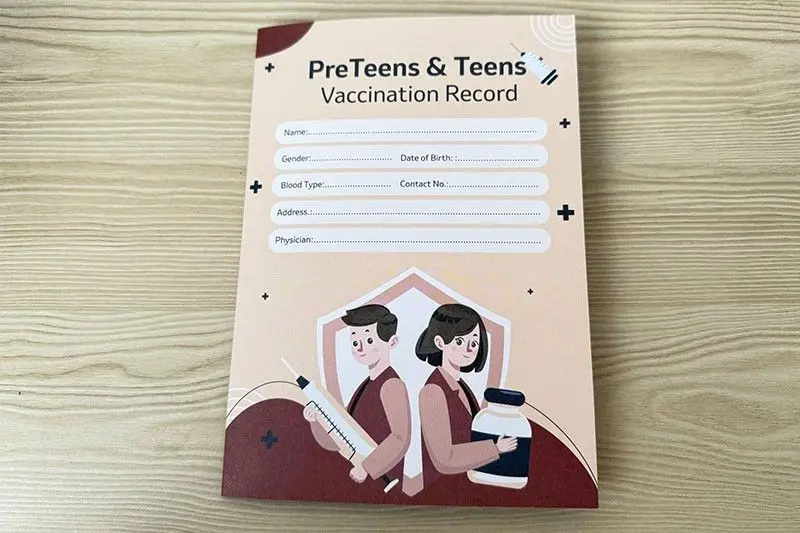
Vaccination doesn’t end after childhood booster shots. From ages 10 to 19, teens need several critical vaccines to safeguard their health against major illnesses such as heart disease, stroke, and even certain cancers.
“Many adult health issues can be traced back to behaviors and risks developed during the teen years,” explains Dr. Ma. Emma Alesna-Llanto of the UP-Philippine General Hospital. “Intervening early makes a real difference.”
According to Dr. Llanto, adolescence is a second crucial window for disease prevention.
“Teens are often overlooked in healthcare,” she adds. “They are not a burden — they are our future. It’s our responsibility as healthcare professionals to ensure they receive proper care.”
Dr. Llanto was the keynote speaker at the timely forum titled “Uniting Voices for Adolescent Health,” organized by the Society of Adolescent Medicine of the Philippines Inc. (SAMPI). The event gathered healthcare professionals, educators, and parent advocates in celebration of Adolescent Immunization Month this August.

“Vaccinated adolescents not only protect themselves, they help protect the most vulnerable in our communities, too. The benefits ripple across generations,” Dr. Llanto emphasizes.
The forum highlighted the urgent need for a comprehensive, proactive approach to adolescent wellness —addressing physical and mental health, preventive care, and fostering stronger collaborations across sectors.

Reframing adolescent healthcare
Adolescents, aged 10 to 19, comprise about 40 percent of the Philippine population. Despite their significant numbers, healthcare services for teens have often been neglected, leaving them vulnerable to infections.
Why is this the case? Several factors contribute:
• Missed childhood vaccinations or lack of booster doses
• Engagement in risky behaviors, increasing susceptibility to diseases like HPV and HIV
• Poor health-seeking habits
· Barriers within health systems, among parents, and the teens themselves
Unlike younger children, who have scheduled primary care visits, teens often lack regular checkups where vaccinations could be administered.
“There are many missed opportunities,” says Dr. Vanessa Maria Torres-Ticzon, president of the Philippine Society for Adolescent Medicine. “Parents might think their children are fully vaccinated by age seven, but immunity can wane. Teens remain vulnerable to certain infections.”
Consequently, teens tend to have low vaccination rates. Dr. Ticzon emphasizes the importance of comprehensive wellness checkups, which should include physical exams, risk behavior screening, anticipatory guidance, and immunizations.
“Every visit is a chance,” she stresses. “As pediatricians, we should create a safe and respectful environment for teens to discuss their health. Preventive care now sets the stage for healthier futures.”
Introducing the teen vax record booklet
Immunizations are a vital tool in preventing adolescent diseases. Vaccines against HPV, hepatitis B, MMR, influenza, varicella, meningococcal, and pneumococcal infections protect teens from many serious conditions.
To empower families and improve health outcomes, SAMPI has launched the Teen Vax Record Booklet — a simple yet effective tool for tracking vaccination schedules and ensuring continuous protection during adolescence.
“This booklet translates awareness into action,” says Michelle Anne Noblejas-Mangubat, SAMPI president. Available at pediatric clinics and upon request during checkups, it functions both as a vaccination tracker and a conversation starter. It encourages families and healthcare providers to work together for timely and complete immunizations.
What can we do?
Parents are encouraged to discuss the importance of adolescent vaccines with other families and to bring their teens for regular checkups. School physicians should promote vaccination through school-based programs, and pediatricians should actively include teens during consultations.
“We need to include adolescents in every pediatric practice — not just the little ones,” says Dr. Ticzon. “Confidently recommend vaccines, explain their importance, and be open to questions. These conversations can save lives.”
A shared commitment
The forum concluded with a collective pledge: to ensure no teen is left behind when it comes to health and protection.
SAMPI remains committed to advocating for adolescent well-being through preventive measures, mental health support, good nutrition, and access to life-saving vaccines.
“We hope families will use the Teen Vax Record Booklet as a springboard for meaningful conversations and regular health visits, keeping our teens healthy and protected,” adds Mangubat.
